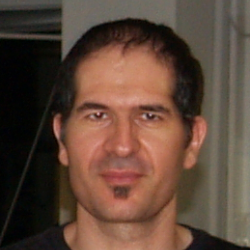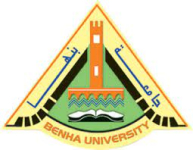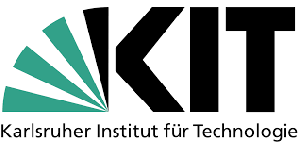The implementation of PulpIng will attend current and future societal needs, especially in the Mediterranean region.
PulpIng will have an extended impact on social, economic, and environmental aspects, namely on:
- The Mediterranean farmers and SME’s – From the outcomes of WP1, the ideal agronomic conditions for the cultivation of pumpkin will be elucidated, obtaining elite genotypes with high adaptation capacity to different environmental conditions. This will be of high importance for farmers, as they will have access to information on how to increase pumpkin agronomic performance. This will improve the Mediterranean economy by developing new, improved and sustainable production systems and introduce optimized pumpkin production conditions, namely by using the highest profitable pumpkin genotypes, that will attract the attention of other farmers and SME’s, translating into job opportunities. Furthermore, thanks to the knowledge obtained by characterizing different pumpkin genotypes, PulpIng will promote the sustainable exploitation of this fruit for food purposes, stimulating the creation of other SME’s dedicated
to the production and processing of this fruit. Moreover, these elite pumpkin genotypes with improved nutritional characteristics will also have an impact on gastronomy, contributing to Mediterranean healthy culinary habits, and potentially capturing consumers’ attention
through the organization of thematic events.
- The agro-food industry and other industrial sectors – various industry sectors will be impacted, namely by obtaining skills, technologies and knowledge through the implementation of feasible and sustainable protocols of extraction, refinement and stabilization of compounds from pumpkin. PulpIng will benefit the food industry by supplying knowledge on the high added value molecules present in pumpkins, as also the ideal conditions to obtain these molecules with high purity, allowing the selection of the most powerful compounds for the food sector as preservative ingredients. Together with the implementation of improved cultivation systems, this know-how will improve technological levels and consequently the creation of more qualified jobs. Moreover, these high added value molecules will be obtained from the pumpkin’s by-products (fruit rind and seed shells), promoting a circular economy for pumpkin production, and creating sustainability awareness in society. Finally, the agro-food industries and the food sector as a whole can also benefit from PulpIng, given the application of the preserving molecules to other foods.
- The market stakeholders, including consumers and the general population – The developed fruit pulp will benefit Mediterranean communities by providing the industry and consumers with a differentiated product with improved nutritional benefits. Through the PulpIng achievements, consumers and industry will benefit from a differentiated added-value product, that beyond its nutritional improvement, will also display health promoting effects. The food additives (preservatives) obtained from the pumpkin by-products are natural additives and will contribute to an overall improved acceptability among consumers.
This product has the necessary characteristics and potential to attract the attention of different markets (local, regional and even international), creating economic value in Mediterranean regions.
- Food security and human nutrition – From the outcomes achieved in WP1-6, an innovative, safe, nutritionally improved food product will be developed.
Being aware of the consumer’ demand for natural preservatives, PulpIng will develop a natural alternative for preserving effects, based on bioactive molecules obtained from the by-products of pumpkin, promoting the reduction of postharvest losses along the agro-food production chain, and the nutrients recycling inside the food chain.
PulpIng will guarantee the food quality, the safety and the preservative capacity of the developed food product through an exhaustive study on the antioxidant, antimicrobial and overall stability parameters. This goal will have a strong social impact on the development of more natural food additives, but also by promoting high nutritious, safe and health promoting food products -
The scientific community – PulpIng will have a strong impact on the scientific community by providing scientific based approaches regarding new cultivation processes, technological tools and skills that will generate innovation in the whole food chain. This will be achieved by combining interdisciplinary areas such as biology, agronomy, phytochemistry, food technology, chemistry, food and processing engineering. In this way, deep knowledge linked to innovative results will modulate the current state of the art regarding the referred scientific areas. Currently, the consortium and its supporting partner (Deifil Technology Lda., a Portugues SME with a solid expansion, owing its expertise in plant micropropagation and production), include scientific leaders in the referred scientific areas, and it
will play a crucial role in the dissemination and exploitation of the generated results through several information channels, namely through peer reviewed communications, presentations in scientific conferences, book chapters and other publications which are directed to a wider public. - The consortium research centres – With the implementation of the proposed work plan, the consortium will ensure its extended impact and also benefit from the opportunity to deal with a relevant topic, not only for the Mediterranean basin but also as an opportunity to develop a new food with global impact. Through their national and international networks, supporting patterns and other actors, the consortium will promote the dissemination and exploitation of all project outputs. Concomitantly, the knowledge exchange between the consortium partners will improve skills and allow for an integrated development.













